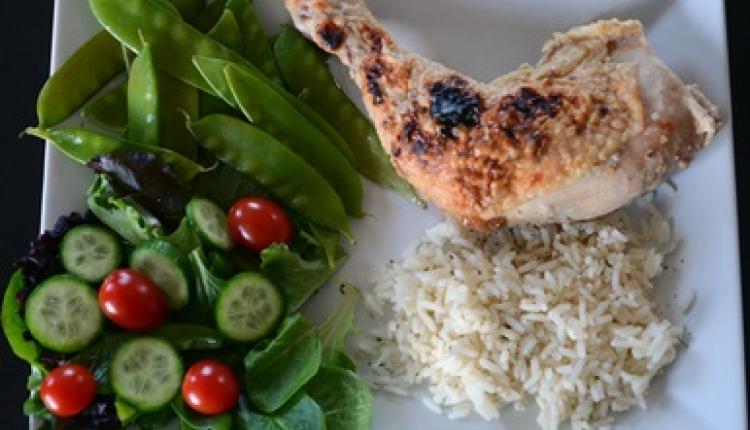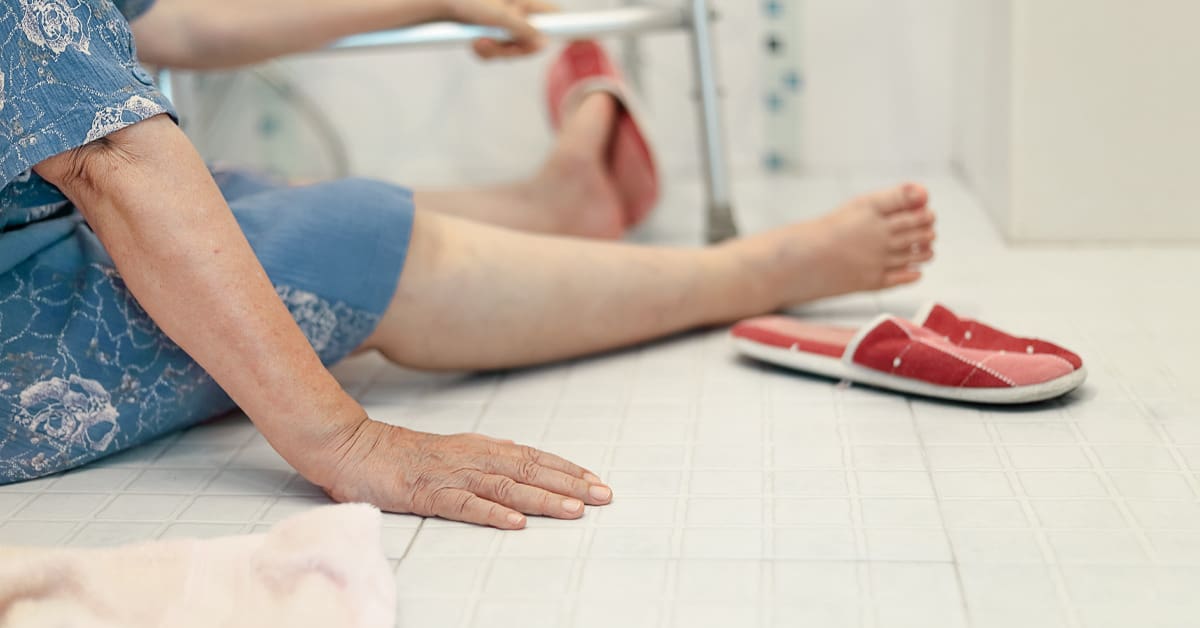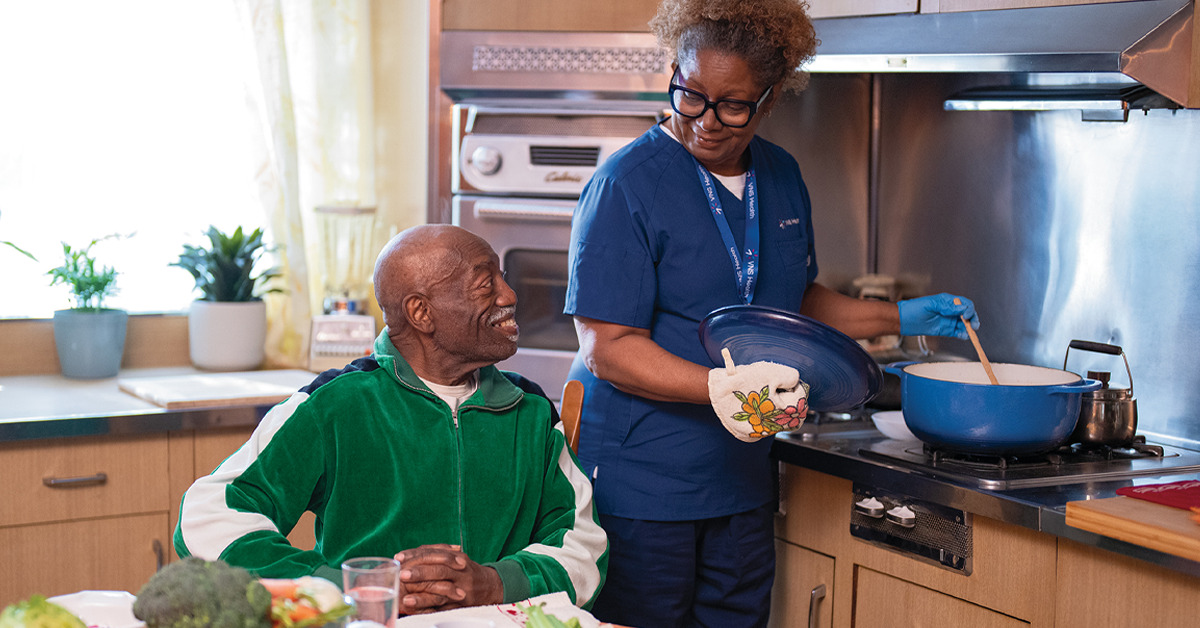Healthy Eating 101

WHAT IT IS, WHAT IT ISN’T, AND HOW TO EAT RIGHT DESPITE CONFLICTING INFORMATION
Making sense of nutrition information often seems impossible. Whole grains are supposed to be good for you—but whole wheat has gluten, which is bad. High-protein diets are good for losing weight—but they may increase your risk for cancer. One doctor tells you to avoid eggs entirely, another says they’re okay once in a while. When experts can’t agree on what “healthy eating” is, how are you supposed to know?
Eat a variety of foods
It’s easy to get into a rut of eating what we like and what we know how to cook. But eating many kinds of food is important. It reduces your exposure to any harmful chemicals like pesticides. It also means you are eating many different vitamins and minerals. When it comes to fruits and vegetables, for example, eat as many colors as you can. The yellow pigments in corn have been shown to protect against certain eye diseases. The purple and blue pigments found in some berries, red and black grapes, red cabbage, and beets protect against some types of cancer.
Eat a balanced diet
Here’s an easy way to make sure you are eating the right amounts of protein, carbs, and fat. When you fill your plate, cover about half of it with fruits or vegetables (or both). Cover about one-fourth of it with whole grains or starches like potatoes or brown rice. The remaining fourth should be a lean protein. If half your plate is covered with a pork chop and the other half with egg noodles or white rice, you may not be getting enough fiber. Fiber comes from plants like whole grains, vegetables, and fruits.
Eat in moderation
Moderation means “don’t go overboard”—and this is good advice for any food. Carrots are good for you, but eating too many can turn your skin orange! You need many different nutrients to be healthy. Eating too much of one food, or one type of food, means you might not be getting all the nutrients your body needs. A single 100-calorie packet of a treat is a moderate amount. If you eat three or four, you may be too full to eat healthy foods.
Getting back on track
When you’re watching what you eat, going off your diet can make you sad or angry. It’s easy to think, “I might as well eat whatever I want.” But don’t give up! Don’t add to your stress by telling yourself you’re a failure. Instead, make a point of choosing healthy foods over the next few days to balance things out. If you have some cake at a friend’s birthday lunch, remind yourself that you had your treat for the day. Save the chips or cookies for later in the week.


